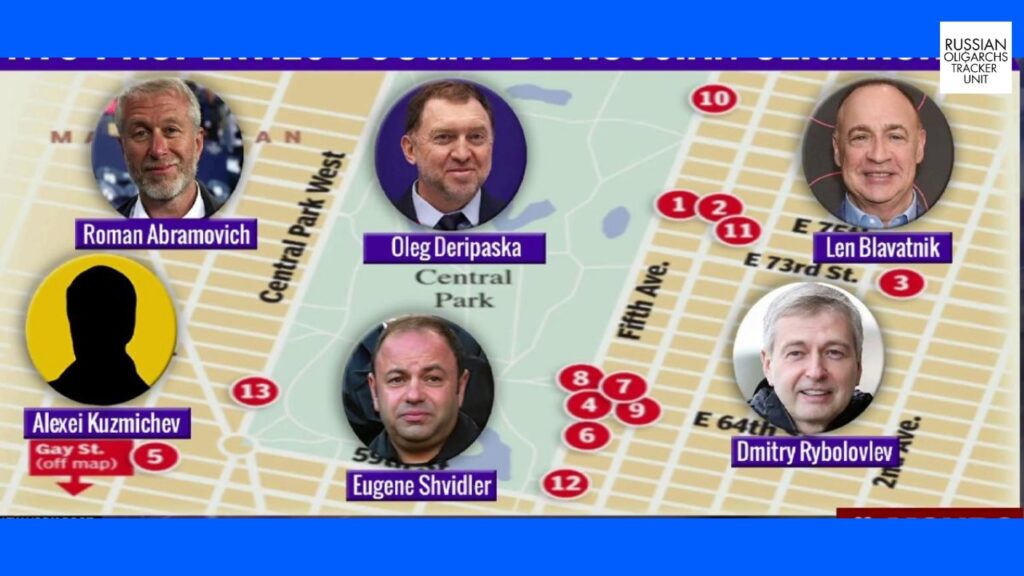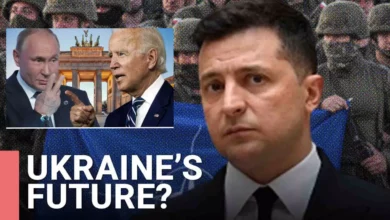Dutch Foundation Scandals: Peeling Back the Layers of Criminal and Oligarchs Wealth
Criminal elements and wealthy individuals, often referred to as oligarchs wealth, have been exploiting Dutch Foundation Scandals’ legal arrangements known as STAKs (short for Stichting administratiekantoor) to conceal their wealth and evade taxes. Over the past two decades, the use of these trust office foundations, or STAKs, has surged among financial service providers globally. This report delves into the details of how these entities operate, the concerns they raise, and their connections to influential beneficiaries, all based on data from the Pandora Papers leak.
Proliferation of STAKs
STAKs have gained immense popularity in the financial world, with approximately 21,000 registered in the Netherlands alone. Their primary function is to obscure the identities of the true owners of assets by disclosing only the identities of company directors. This lack of transparency has made STAKs an attractive tool for individuals and entities seeking to hide their wealth and avoid taxation.
Unmasking Dutch Foundation Scandals
FTM’s investigation, drawing from the Pandora Papers leak, identified over 50 STAKs employed in international corporate structures. These STAKs serve as a veil, shielding their beneficiaries from public scrutiny. While the precise intentions of these Special Purpose Acquisition Companies (STAKs) and their ultimate beneficiaries remain somewhat opaque, experts have expressed significant concerns about their potential for misuse.
The Concerns Raised
Gerard van Solinge, a business law professor at Radboud University Nijmegen and a lawyer at Allen & Overy, aptly described Dutch STAKs as a “sort of export commodity.” This raises questions about their ethical use and the potential harm they may inflict on international finance.
Unveiling Beneficiaries
FTM’s analysis of the Pandora Papers data unearthed connections between several STAKs and undisclosed beneficiaries of substantial wealth. Among these beneficiaries are two former Russian bankers accused of money laundering, a Colombian art enthusiast involved in a charitable foundation, and a Kazakh mining tycoon whose company faced investigations by the UK Serious Fraud Office for suspected misconduct in Africa.
A Continuation of Pandora Papers Revelations

This investigation into STAKs is part of a broader series based on the Pandora Papers, which have exposed how wealthy individuals, including government officials, celebrities, and criminals, employ hidden financial structures to conceal their riches and evade scrutiny.
Global Asset Managers’ Role in STAK Proliferation
FTM also brought to light the involvement of global asset managers in the expansion of STAKs (Stichting Administrators) and their contribution to this surge. Initially designed to safeguard the assets of Dutch families and businesses, these arrangements have experienced a substantial increase in usage over the last two decades. During a conference held in London, legal professionals actively promoted the adoption of Dutch legal structures for asset protection, emphasising their stability, security, and discretion. Notably, these structures often avoid regulatory scrutiny.
Operating Mechanisms of STAKs
STAKs function by holding assets on behalf of a company’s beneficiaries, with only the STAK’s director mandated to register with regulatory bodies. There is no obligation to submit annual financial statements, effectively cloaking the company’s activities in secrecy.
Controversy Surrounding STAK Adoption
Critics of the growing adoption of STAKs by international corporations find this trend disconcerting. Some experts argue that notaries, who play a pivotal role in establishing these foundations, should exercise stricter oversight to deter potential misuse, such as tax evasion or money laundering. Nevertheless, completely preventing the establishment of dubious STAKs appears to be a daunting challenge.
The Challenge of Regulating STAKs
Despite potential protective measures, regulating STAKs remains a formidable task. As one expert astutely pointed out, it’s an ongoing struggle akin to a constant “game of hide-and-seek” as individuals continue to exploit legal gaps within the system.

In conclusion, the investigation by Follow the Money has exposed the widespread misuse of Dutch STAKs by individuals and entities seeking to hide their wealth and avoid taxes. This revelation, based on data from the Pandora Papers, highlights the urgent need for stricter oversight and regulation in the world of global finance. The proliferation of STAKs poses significant challenges, but addressing this issue is essential to combating financial misconduct and ensuring transparency in international financial systems.







